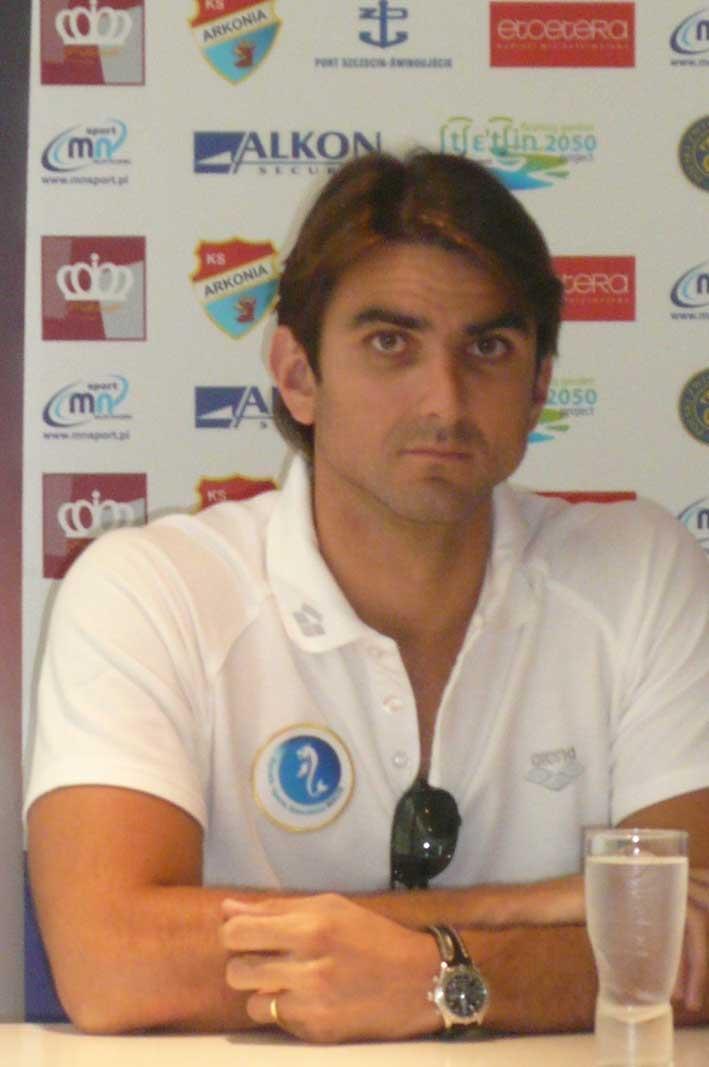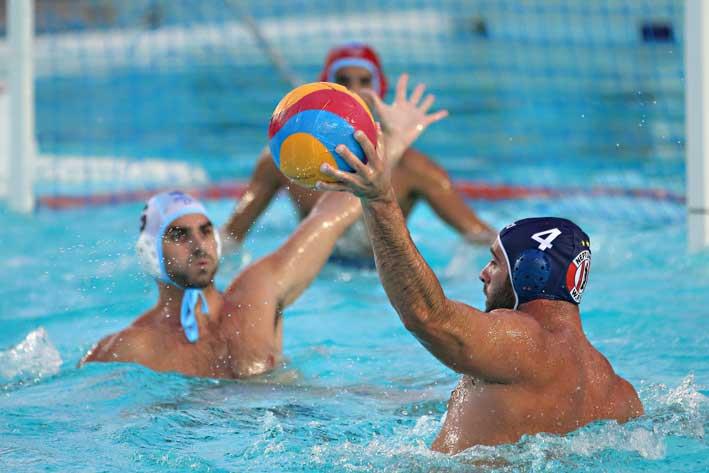Diabetes is a growing burden with the roughly 415 million people currently living with the condition expected to increase to 642 million by 2040.
This is why World Diabetes Day 2016 is putting all its focus in promoting the importance of screening to ensure early diagnosis and treatment of type 2 diabetes to reduce the risk of serious complications later in life.
With one in two adults with diabetes currently undiagnosed, World Diabetes Day seeks to create awareness as the best means to combat the illness.
Increasing levels of poor nutrition and physical inactivity among children has contributed in making diabetes a global public health issue.
What is alarming is that the number of people with diabetes in low- and middle-income countries will continue to grow, posing a threat to sustainable development. For example by 2040, the number of people with diabetes in Africa is expected to double.
The condition also has an effect on both or health and financial institutions with 12% of total global expenditure on health are currently spent on diabetes sufferers.
Diabetes is a common chronic condition in the Maltese population, with Minister for Health Chris Fearne announcing a national action plan combating the growing the number of sufferers in Malta.
Around 10 per cent of the population above 18 years estimated to be living with this condition, a proportion of whom are undiagnosed.

How old where you did you first discovered that you were diabetic?
I was 21 when I found out I had type 1 diabetes.
How did it feel at the time?
Obviously, at first it was quite a shock, I had just begun playing professionally in Italy and I didn’t expect it to happen to me. I think sport helped a lot since it allowed me to move on from it quite quickly.
As a diabetic athlete, there’s nothing you can do but just try test and balance your sugar intake, and if you really need it insulin.
What did you do?
I got in touch with Sir Steve Redgrave, an English two time Olympic Champion, through a website, and they were really helpful and were able to let me know about programs you could follow with intensive training. In fact, within weeks I was back to training professionally.
I just thought that it was certainly a manageable condition, as long as you are able to accept it, embrace it and find information on how to take care of the condition. It becomes a problem once you start rejecting the fact that you have diabetes and fail to take care of it properly.
If you’re not able to move past it, it will imprison you, because ultimately there are factors of the condition that limit you which can be overcome, but if you ignore them it could seriously hamper the way you live your life.

How did you first realize that something was wrong?
Well, there was weight loss, which is a symptom of diabetes but truth be told I had initially thought that this was a result of me playing a professional sport at quite a high and intense level. There weren’t any serious physical signs in terms of fitness and strength.
Being an athlete is a challenge for everyone, especially with someone who suffers from diabetes. Could you tell us what’s most challenging part for you?
What was great about being an athlete, was once I found out about the condition I had an immediate goal to get back up on my feet and get moving again. I was halfway through a season, and to be honest the idea of stopping a sport which I love gave me the drive to take care of myself, sort myself out as quickly as possible and begin to move on.
Do you feel like the discipline required for managing diabetes has helped you in your athletic achievements?
It definitely helped! Living with the condition trains you to become extremely disciplined. As doctors used to tell me, as a diabetic athlete you have to treat your body like a sports car, you either give it the right fuel or it will break down for you.

How do you manage diabetes while you're out there playing?
Well for me, after trial and error I eventually found the best glucose drink for me, and I buy boxes them and I consume them before every work to this day.
Do you think that the medical community can do more?
Most doctors I’ve spoken to over the years are actually really keen for people with diabetes to take on a sport. Obviously it is so important that it gets managed correctly when you do excessive sport, since if you don’t manage your condition properly, you would eventually pass out because of your sugar levels drop without replacing them.
What is your message to people newly diagnosed with diabetes?
I think it is so important that people don’t feel ashamed, don’t feel alone because there are hundreds of millions of people with the condition. What really helped me was reading on the subject and making sure I was informed with what my body can and cannot do. Ultimately, I think people need to know that whilst it may restrict you, you are still able to do everything you could normally do.
Do you think people in Malta could do more to spread awareness on the issue?
In Malta unfortunately people are still ignorant when it comes to the condition since some people still view diabetes as something being wrong with you. In the past especially people used to act like getting diabetes was as though you had contracted the worst disease possible, when in fact it’s pretty manageable, it isn’t easy but it definitely manageable especially with proper attention and regular annual check ups you can live a very long and healthy life.